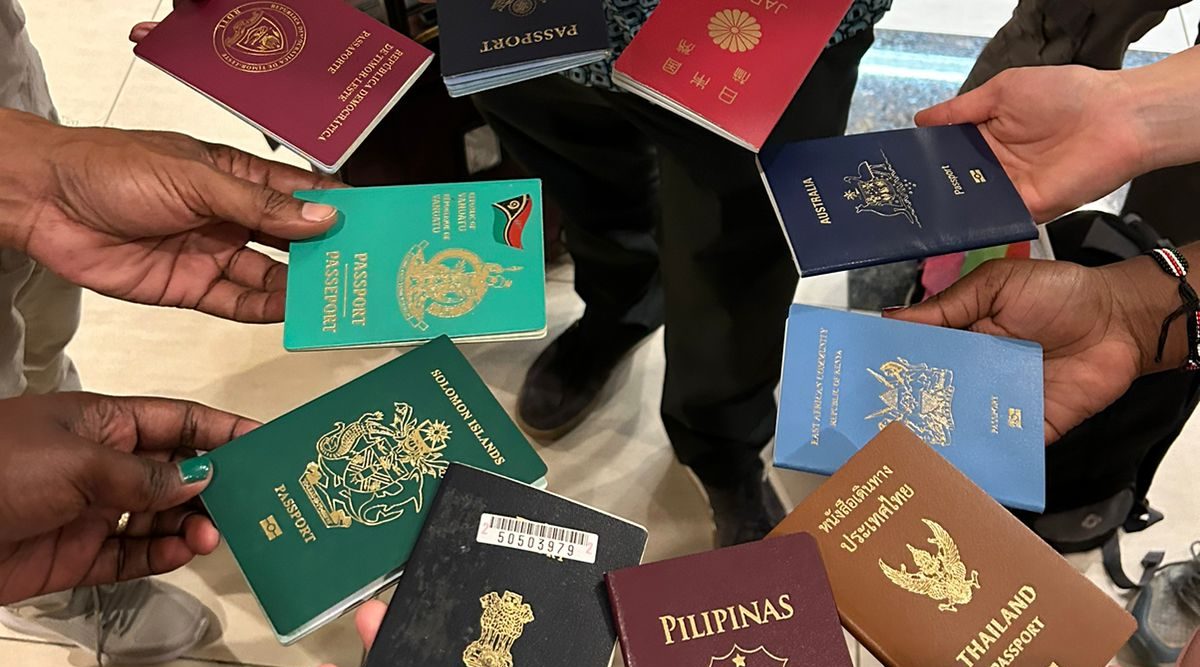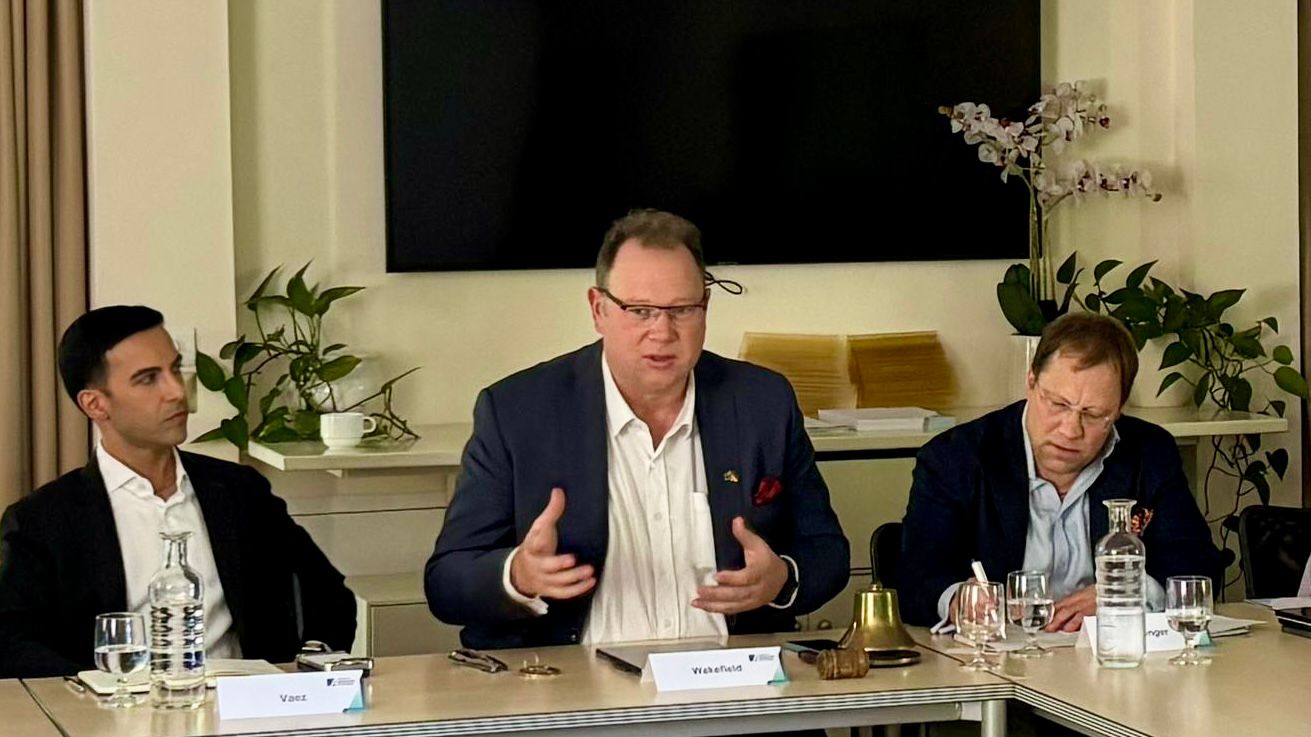CANBERRA – The Australian Institute of International Affairs (AIIA) has lodged a powerful submission to the Senate Inquiry into the proposed National Volunteer Incentive Scheme—popularly known as the “Climate Army”—highlighting the need for culturally grounded, inclusive, and globally informed approaches to climate resilience and disaster response.
The submission draws from the experiences of the Indo-Pacific Cooperation Network (IPCN), a regional initiative supported by the AIIA and the Japan Foundation. The IPCN brings together emerging leaders from across the Indo-Pacific to tackle the complex challenges of climate and disaster resilience. Their reflections now contribute directly to shaping a uniquely Australian volunteer scheme with international scope and local sensitivity.
“Climate change is a regional challenge, and it makes sense to look to regional solutions,” said AIIA Projects and Publications Manager, Emily Mosley, manager of the inquiry submission. “We brought together voices from across the Indo-Pacific to highlight practical models Australia can learn from in building a more inclusive and effective Climate Army.”
Learning from the Region
The AIIA’s submission responds to key terms of reference in the inquiry, including strategies for volunteer engagement, best practices from abroad, and integration with educational institutions. Case studies span seven Indo-Pacific countries, highlighting innovative and culturally responsive models. For example:
- Mark Daza (Philippines) highlighted the Filipino cultural value of bayanihan—community solidarity—as a key driver of sustained volunteerism, and called for Australian programs to similarly reflect national values and local trust.
- Dr Connie Gan (Australia) advocated for community-embedded volunteer models, citing Indonesia’s community health “cadres” as examples of sustainable, localised engagement in public health and disaster resilience.
- Dr Kiriloi Ingram (Australia) urged the Climate Army to adopt gender-sensitive, trauma-informed training and leadership structures that include Indigenous and culturally diverse voices—addressing a critical gap in disaster response.
- Daisuke Kageyama (Japan) reflected on Japan’s evolving volunteer coordination systems following the Great Hanshin-Awaji and 2024 Noto earthquakes. He recommended investing in formal volunteer management infrastructure to avoid bottlenecks in disaster response.
- Stephen McHugh (United States) emphasised the importance of planning for vulnerable populations, particularly older adults. He showcased the Philippines’ “Go Bike” programme, where young volunteers deliver health checks and preparedness messages to seniors—an intergenerational model adaptable to Australia.
- Falguni Tailor (India) detailed India’s integrated approach to disaster volunteering across government, academia, and the private sector. Programmes like Aapda Mitra and Aapda Sakhi Yojana provide incentives and pathways for students, women, and people with disabilities to contribute meaningfully.
- Merita Tuari’i (Cook Islands) described the traditional puna system of decentralised community leadership and the youth-led Te Kōrero o te ‘Ōrau organisation. Both exemplify culturally embedded, gender-aware, and youth-driven disaster preparedness.
Practical Policy Pathways
The submission canvasses numerous initiatives, including a tiered volunteer recognition system, integration of volunteer training in schools and universities, creation of a national digital volunteer database, and public-private partnerships to fund and support disaster response initiatives.
It also stresses the need for local coordination and the recognition of informal volunteer networks. Drawing from Japan’s experience during the Great Hanshin-Awaji Earthquake and recent Noto earthquake, the document stresses the role of civil society organisations in managing large-scale volunteer coordination when governments are overstretched.
AIIA CEO Dr Bryce Wakefield notes that “This submission reflects our deep commitment to international cooperation. In the run-up to COP31, Australia and its regional partners are well placed to lead the way in integrating community and climate action.”
Access and Engagement
The AIIA encourages the public and policymakers to explore the full range of ideas and case studies shared through the Indo-Pacific Cooperation Network. The IPCN’s mission is to connect emerging leaders and experts across the region to support long-term disaster resilience and policy innovation.
📘 To learn more about the IPCN and access stories, policy briefs, and program updates, visit the AIIA’s Indo-Pacific Cooperation Network webpage at: https://www.internationalaffairs.org.au/indo-pacific-cooperation-network/





